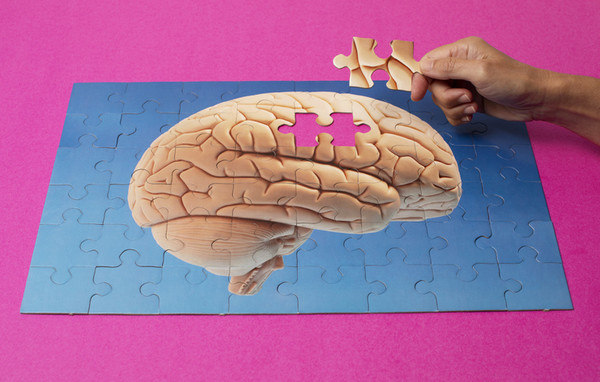The Korean market for ginkgo leaf extracts that improve blood circulation disorders and cognitive impairment is growing rapidly.

According to UBIST, a drug market research firm, domestic sales of Ginkgo biloba extract preparations grew from 40.4 billion won ($28.6 million) in 2017 to 56.6 billion won in 2021, with an annual growth of nearly 9 percent on average.
In 2021, SK Chemicals and Yuyu Pharmaceutical dominated over 50 percent of the Ginkgo biloba extract market, with SK Chemicals’ Ginexin accounting for about 38 percent, and Yuyu Pharmaceutical's Tanamin, 23 percent.
Industry officials expect the Ginkgo biloba extract market will grow larger because the government recently decided to limit insurance benefits for choline alfoscerate (CA), a dementia treatment.
In July, the Seoul Administrative Court ruled against scores of drugmakers which sought to nullify the government's push to retrieve health insurance coverage for CA. The pharmaceutical companies appealed the ruling.
Earlier in August 2020, the Ministry of Health and Welfare announced that it would revise regulations to lift the CA cost burden for patients from 30 to 80 percent when patients do not have dementia.
If the revised notice is implemented, patients with pre-dementia taking CA will have to pay about 30,000 won, which is 2.7 times more than the previously reimbursed price.
Out of the total patients who get CA prescriptions, around 20 percent are diagnosed with dementia, and the rest 80 percent, mild cognitive impairment or subjective cognitive impairment.
If the ministry implements the revised notice, it will likely reduce CA prescriptions, observers said.
Also, the Ministry of Food and Drug Safety recently issued an order to suspend the prescription of the acetyl-L-carnitine formulation, saying that it failed to prove its efficacy for secondary degenerative diseases caused by cerebrovascular disease as a result of re-evaluation of clinical trials.
Given that the CA and acetyl-L-carnitine market was worth 500 billion won and 50 billion won, respectively, last year, the marketability of ginkgo leaf extract-based drugs has increased, industry officials said.
"There is obviously some uncertainty as CA is still being prescribed pending the final court ruling, and it is still considered the priority in the cognitive improvement treatment market," a Yuyu official told Korea Biomedical Review. "However, with acetyl-L-carnitine treatment option disappearing and dementia treatments under development by multinational pharmaceutical companies failing, physicians specializing in dementia want to have a variety of treatment options."
Yuyu believes that drugs containing Ginkgo biloba extract, such as Tanamin, can be the beneficiary, he added.
He also said Ginkgo biloba preparations such as Tanamin and Ginexin are not reimbursable and cost about 16,000 won per month. If the ministry applies the selective benefit for CA, it will make Ginkgo biloba preparations to have a price advantage, he added.
SK Chemicals, Yuyu's competitor, has already launched a high concentration 240mg once-daily formulation of Ginexin.
Yuyu is also in the process of launching a high concentration formulation by next year.
Even as a latecomer, Yuyu's treatment has an edge as it uses EGb761, a substance specifically known as the global standard for Ginkgo biloba preparations, manufactured by Schwabe Group, its German partner, the official at Yuyu said.

